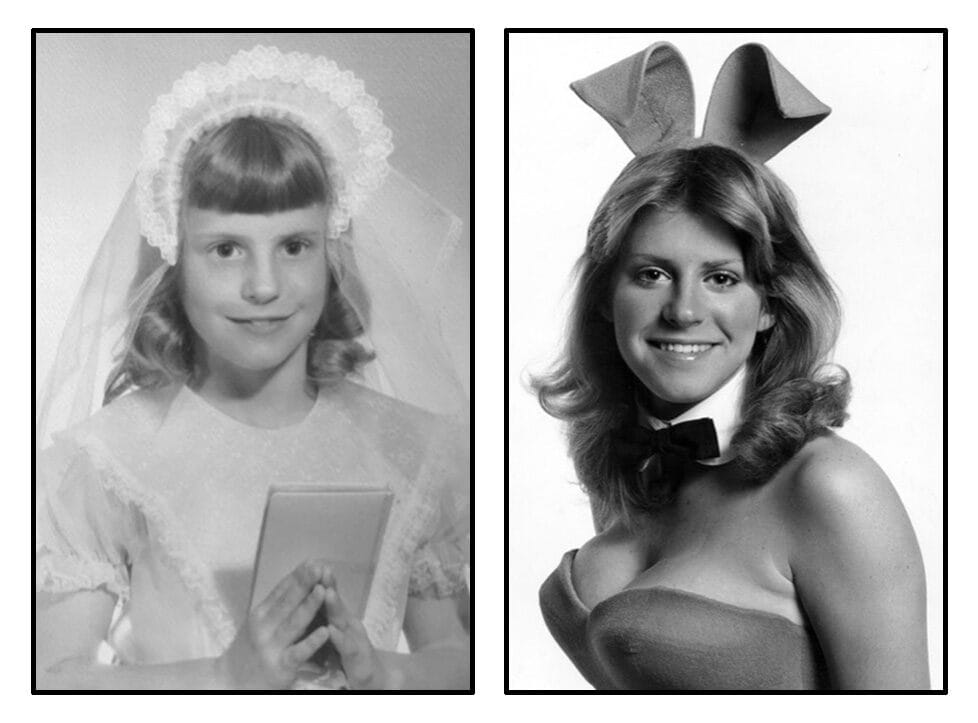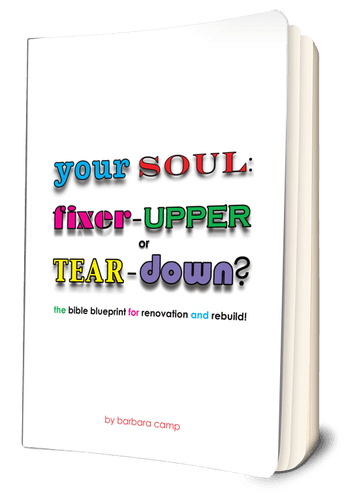Spiritual Books Using Biblical Wisdom and Modern Metaphors Resonate with Readers Seeking Practical Guidance
The growing trend of biblically themed self-help books is reshaping the spiritual publishing landscape, with authors like Barbara Camp offering unique insights into faith and modern life.

God writes the best fiction, known as non-fiction.”– Barbara Camp
The hunger for personal growth has never been more persistent, with millions of readers gravitating towards spiritual books that mix ancient wisdom with contemporary metaphors. This trend reflects a renewed desire to connect faith-based traditions with day-to-day life challenges.
Publishers are noticing the sustained boom, as titles bridging scriptural insight and modern problems consistently climb the charts, appealing not just to the devout but also to curious seekers and even hardened sceptics.Within this vibrant market, former ’70s Playboy Bunny and ‘WHO’S WHO’ honoree Barbara Camp is staking her claim with her inspirational book, Your Soul: Fixer-Upper or Tear-Down?. The book creatively reinterprets Biblical truths through the lens of relatable, modern metaphors, encouraging readers to view ancient lessons as a blueprint for renovating their inner lives.
Camp sums up her approach: ‘God writes the best fiction, known as non-fiction.’
The Ongoing Popularity of Biblically Themed Self-Help
According to recent industry research, the self-help category has witnessed extraordinary growth, with US self-help book sales reaching 18.6 million volumes in 2019, and industry value sitting at $10.5 billion. Notably, within this sector, spiritual and religious books command a significant slice of the market: Statista data charts religious book revenues at $757.7 million in 2022, with consistent year-on-year growth. The appetite for titles that blend faith and practical advice suggests readers want more than abstract principles – they crave real-world application drawn from familiar sources.
Camp’s book responds to this trend by referencing everything from mobile phones to viral food crazes, translating Biblical events into contemporary scenarios. Her cheeky yet earnest comparisons – cell phones as a new Tower of Babel, designer salads as a riff on The Last Supper, DNA mapped onto the Creation narrative – offer an accessible entry point for diverse readers.
Fresh Voices and Shifting Market Demands
The drive to reframe faith for a contemporary audience is shared by a growing roster of authors. New releases populate bestseller lists every quarter, reflecting a broader cultural movement towards integrating spirituality with personal narrative and self-improvement. The top Christian book recommendations for 2025 include memoirs and guides that fuse Biblical content with lifestyle advice, testament to a growing readership hungry for relatable examples. Meanwhile, high-profile memoirs from public personalities, as tracked by BookBub and Goodreads, indicate a thriving interest in narrative-driven wisdom.
Industry experts note that such works succeed because they bridge the gap between scholarship and daily life. As highlighted in a recent academic analysis, the enduring appeal of Biblical metaphor lies in its flexibility and power to spark personal reflection. Modern authors like Camp amplify this by weaving these metaphors into conversations about everything from feminism to family dinners, rebuilding the Bible’s relevance brick by brick for a fragmented, fast-moving world.
Unique Perspectives Amid a Cluttered Shelf
What sets Barbara Camp apart is her distinctly personal – and often witty – approach. Having worn everything from plaid Catholic school uniforms to blue satin at the Playboy Club, she has traversed colourful worlds few authors can claim. Camp’s view of her ‘personal demolition derby’ brings a raw honesty to her writing, making age-old teachings feel both urgent and forgiving. She argues: ‘As we worship the created versus The Creator, our painstakingly shellacked exteriors house anorexic souls teeming with wildly dubious flim-flam.’
This insistence on addressing superficiality feels especially relevant in a digital era saturated with self-curated images and ephemeral wisdom.
Camp’s call to consider ‘the supernatural’ amid our fixation on the natural is an invitation to deeper, more lasting self-inquiry – a message echoed by several other new voices in the field, though rarely with the same playful candour.
Implications for the Future of Spiritual Publishing
Barbara Camp’s high-profile entrance into the genre is a sign of the times. With religious and spiritual non-fiction on an upward trajectory, expect more authors from unconventional backgrounds to try their hand at repackaging ancient wisdom for contemporary seekers. Books such as Your Soul: Fixer-Upper or Tear-Down? not only illuminate the enduring power of metaphor but also signal a shift in how spiritual growth is narrated and marketed. As the market for spiritual products and services continues to swell, both readers and publishers appear bullish on works that promise both spiritual nourishment and a relatable wink across the page.
As debates around the role of faith in public and private life continue, accessible, metaphor-rich spiritual literature may prove to be the unlikely glue binding together people from all walks of life, offering common ground in an increasingly polarised world. How many of us, after all, have looked at our own souls and wondered if it was time for a renovation or an outright rebuild?







